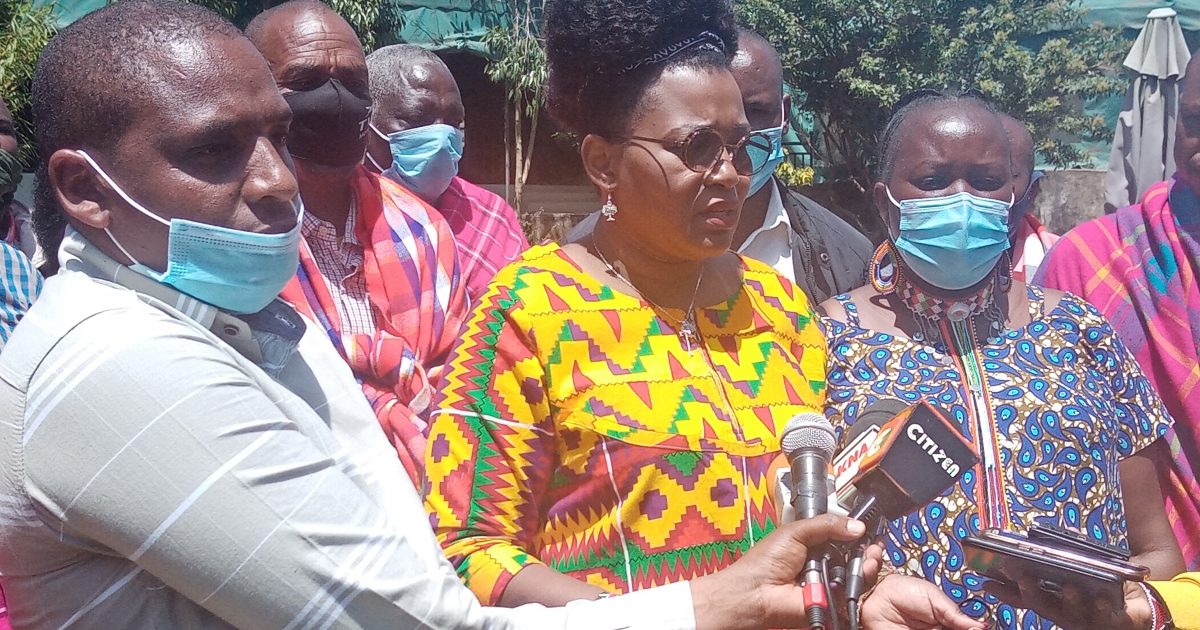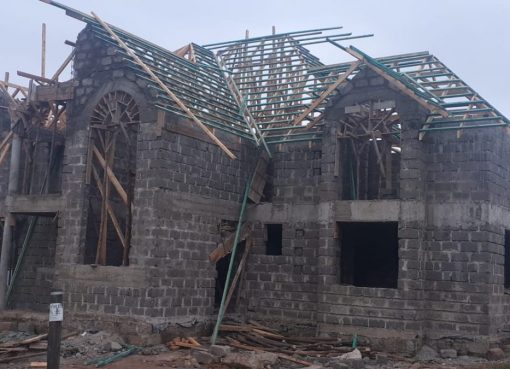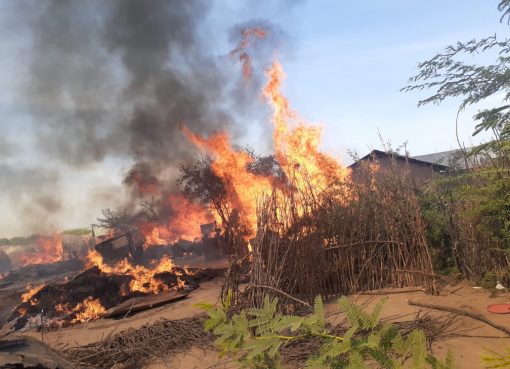Cultural Chiefs in Maasai land have resolved to work hand in hand with the local administration in a bid to end retrogressive Female Genital Mutilation (FGM) that is still rampant in the area.
Speaking on Wednesday during a one-day workshop held to sensitise the leaders on the dangers of FGM, the Irkitoip age set chief Kanyinge Ole Sururu confessed that the elders have never been fully involved in matters of ending the cut.
“Today we are shocked to hear and see the trauma our girls undergo during circumcision. As an age set leader, I will be the first to campaign against the practice that does not bring any benefits to our girls,” said Ole Sururu.
The meeting held in a Narok hotel was organised by the Anti- FGM board and attended by Ministry of Public Service and Gender Chief Administrative Secretary Rachael Shebesh and Anti FGM board chair Agnes Pareiyo.
Ole Sururu observed that many married men in the Maa community are unfaithful to their wives as their wives underwent FGM hence lack sexual desires.
“We have known where the problem is. Because our women underwent FGM, the men choose to have many other girlfriends from other tribes whom they fulfill their sexual urge with,” lamented the cultural chief.
On her part, Shebesh said the cultural chiefs are crucial people in fighting FGM in the villages because they are respected by the entire age set.
“We have been engaging the County Commissioner’s office, women and churches but we have never engaged the cultural leaders who are very crucial in fighting this retrogressive culture,” said the CAS.
The CAS said the cultural leaders will be taught on what the law says about FGM so that they will not find themselves in the wrong side of the law.
She reminded them of President Uhuru Kenyatta’s commitment to end FGM in the country by the year 2022 as it deters young girls from achieving their full potential in life.
“After listening to the elders speak, I am going back a happy person because they all agreed that they will not allow their girls to undergo such a painful process in the name of culture,” she continued.
She called upon the local administration to collaborate with traditional chiefs so that they can help end the practice that is rampant in the county.
At the same time, the Anti-FGM chairperson said for a long time, they have been dealing with girls and women where they provide alternative rites of passage but the practice is still common in the area.
“We have realised that we have been cutting the tree from the top as we have never engaged cultural chiefs who make decisions in every age set, we have high hopes that this will help end the practice in a year’s time,” she reiterated.
Ms Pareiyo said their mission is to uphold the dignity of girls and women in Kenya through coordination of initiatives, awareness creation and advocacy against FGM.
The Anti-FGM board Chief Executive Officer (CEO) Bernadette Loloju said their aim is to see the cultural leaders speak in one voice and make a declaration that will criminalise FGM in the grassroots.
She said the board has successfully spoken to the Borana elders who have criminalised the practice in their land and are in the process of engaging the Samburu elders.
“Currently one out of 10 girls in Kenya is circumcised every year. This number has reduced from what we used to have three decades ago. We are working to eradicate this practice completely as directed by the president,” she said.
Narok County is one of the 22 counties in Kenya where FGM is practiced. However, these cases have been reducing over the years as many families choose to take their girls to school to enjoy the free primary and secondary education offered to day schools.
By Ann Salaton





